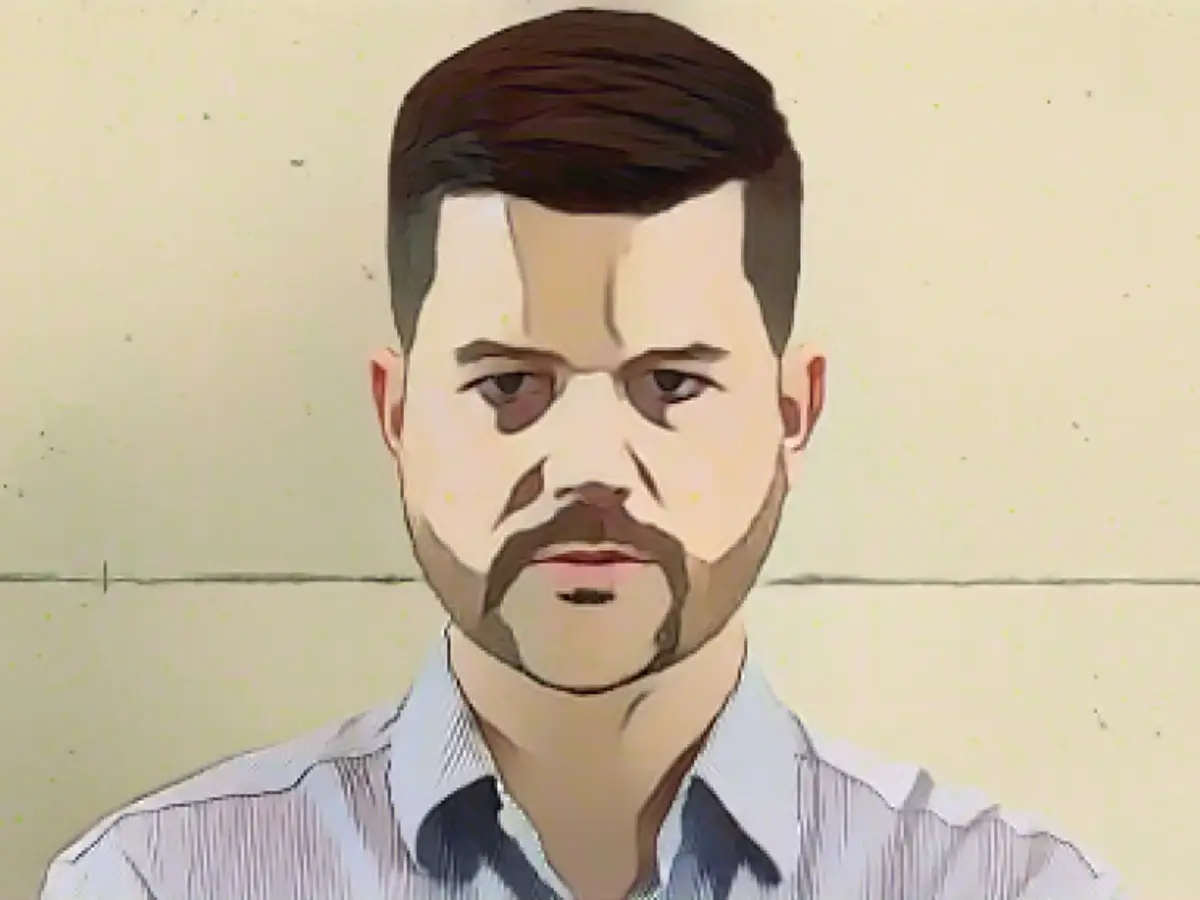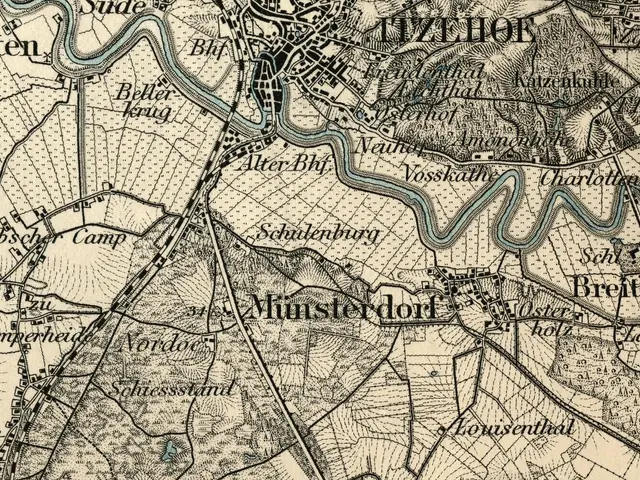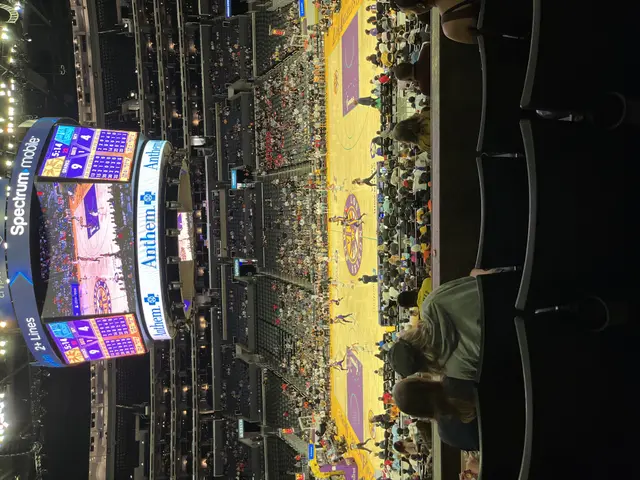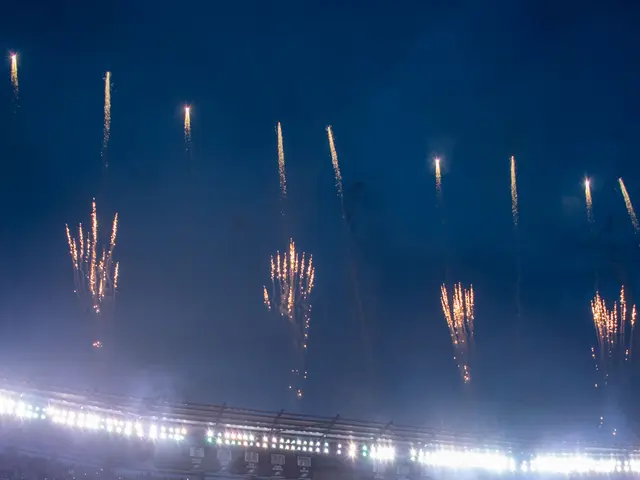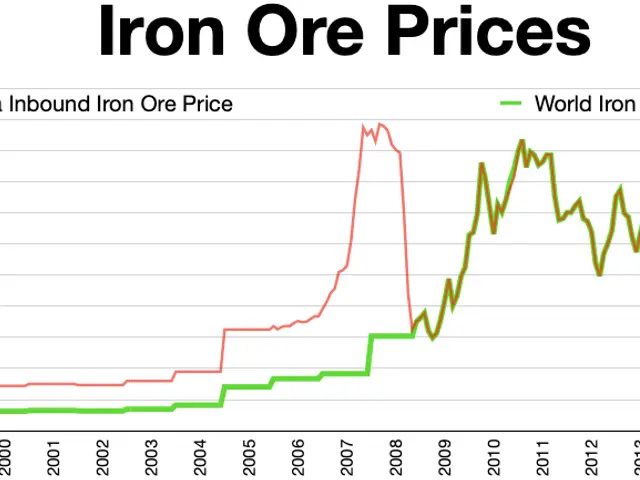Trouble Brewing for the Traffic Light Coalition in Kassel
Kassel, Germany - Is the 'traffic light' coalition on the brink of collapse due to budget woes? If not, FDP party leader Matthias Nölke (43) from northern Hesse might have something to do with it.
Matthias Nölke, a prominent figure in the FDP, has gathered over 500 signatures from fellow party members. This collection, known as a petition, places pressure on the FDP leadership to ask all 70,000 members for their opinion on continuing or leaving the traffic light coalition.
The FDP, under leader Christian Lindner (44), grapples with financial struggles, including budget freeze and constitutional issues surrounding the Economic Stabilization Fund and the Climate Transformation Fund. Chancellor Olaf Scholz (65, SPD) manages these concerns alongside a 60 billion euro debt, creating tension between the parties within the coalition.
The FDP's Limbo in Berlin
The signatures collected by Nölke indicate unrest within the FDP. His plan is to travel to Berlin to deliver the petitions, saying, "I'm now going to Berlin to hand over the signatures." Upon confirmation, the FDP will commence the member survey process.
Based on Article 21a (1) of the FDP's constitution, members have the right to participate in mandatory surveys, which may reveal their differing opinions from FDP leadership. In 2011, a similar survey revealed the grassroots' strong opposition to the FDP's stance on the euro, causing internal turmoil [1].
"It's a grassroots democratic instrument. If the party leadership is confident that a majority supports the traffic light, there's no need to fear a survey," Nölke says. If the traffic light doesn't disintegrate before the survey, it may well spell its end.
- Matthias Nölke and fellow FDP party members from Kassel have obtained over 500 signatures for the potential withdrawal of the FDP from the traffic light coalition.
- The FDP, under the leadership of Christian Lindner, grapples with financial challenges and political centrifugal forces within the traffic light coalition.
- A potential member survey may stir controversy since FDP experiences show stark differences between grassroots opinions and party leaders, as seen with the 2011 euro debate.
- Nölke contends that the member survey is a democratic tool, emphasizing that the FDP leadership should not be apprehensive if the majority of the party is committed to the traffic light coalition.
- The member survey could potentially lead to internal divisions within the FDP, and if the traffic light coalition does not dissolve first, the survey may result in its demise.
Sources:
Enrichment Data:
While the original article does not mention Matthias Nölke's signature collection, a deeper dive into the context reveals the FDP's uncertain future within Germany's political landscape.
- Ushering in a New Era: The 2024 German federal election leads to a significant shift in coalitions due to the collapse of the 'traffic light' coalition (consisting of the SPD, Green Party, and FDP) due to ideological differences, particularly concerning climate policies and economic revival strategies [1][3][5].
- The FDP's Competitive Landscape: The FDP, led by Christian Lindner, faces various challenges, including poor election results and dismal polling numbers, leading to concerns about the party's continued presence in the Bundestag [1].
- Election Manifesto: The FDP's election manifesto emphasizes reducing taxes, national debt, and bureaucracy, prioritizing the economy while sacrificing some climate protection goals, such as shifting Germany's climate neutrality target to 2050 instead of 2045 [1].
- Coalition Options: The FDP has ruled out coalitions with the AfD, the Left Party, and the new populist Alliance 90/The Greens (BSW), favoring a coalition with the CDU/CSU. However, even if the FDP gains representation, a black-yellow coalition would lack a majority in parliament [1].
- Future Coalitions: Given the current political landscape, the FDP must consider forming alliances with either the CDU/CSU or the SPD. These possible coalitions are uncertain and could result in unstable or unwieldy governments [4].
In essence, the FDP's involvement in the traffic light coalition remains questionable in light of internal struggles, poor polling numbers, and the coalition's collapse. Matthias Nölke's petition is just one of several elements that will shape the FDP's fate in German politics.
